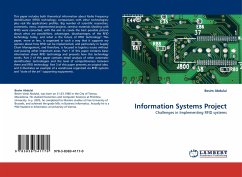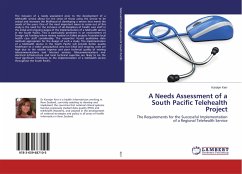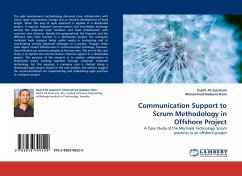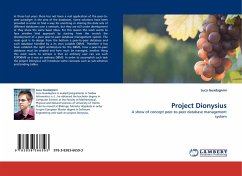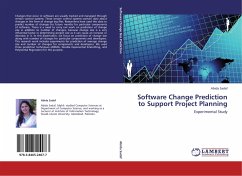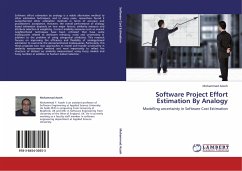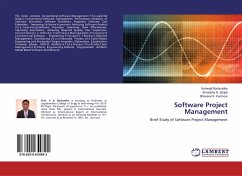This paper includes both theoretical information about Radio Frequency Identification (RFID) technology; comparisons with other technologies; plus real life applications profiles. Big number of scientific researches, comments, news, implemented projects, seminar materials (dealing with RFID) were consulted, with the aim to create the best possible picture about what are possibilities, advantages, disadvantages, of the RFID technology today, and what is the future of RFID technology? This paper, more or less, is organized in such a way that it supports my opinion about how RFID can be implemented, and particularly in Supply Chain Management, and therefore, is focused in logistics issues without over-passing other important areas. Part 1 of this paper contains basic information about RFID technology and presents how this technology works. Part 2 of this paper contains detail analysis of other automatic identification technologies and the level of competitiveness between them and RFID technology. Part 3 of this paper presents an original idea, and it illustrates an example of a warehouse organized via RFID systems and state of the art supporting equipments.
Bitte wählen Sie Ihr Anliegen aus.
Rechnungen
Retourenschein anfordern
Bestellstatus
Storno

